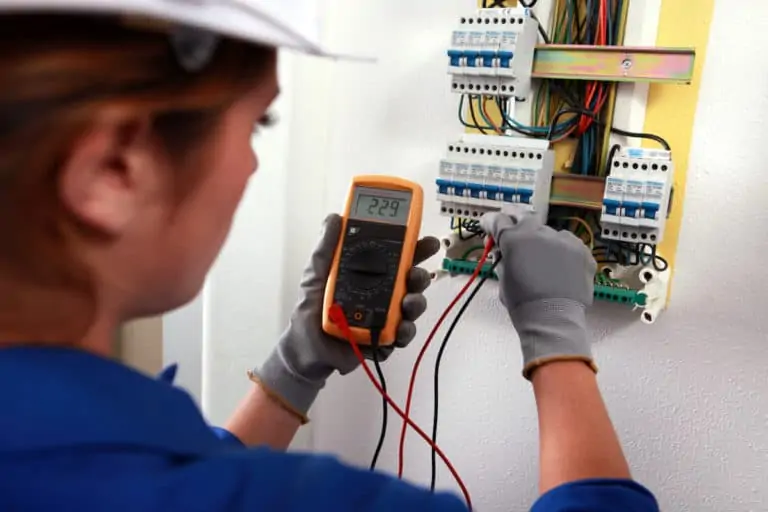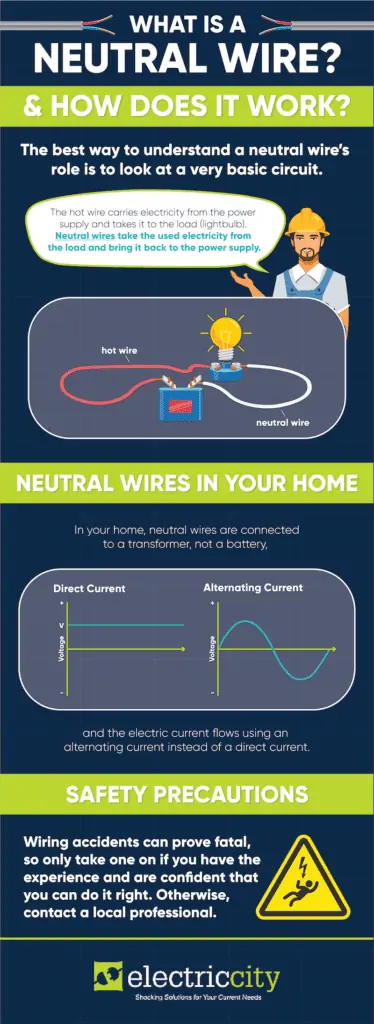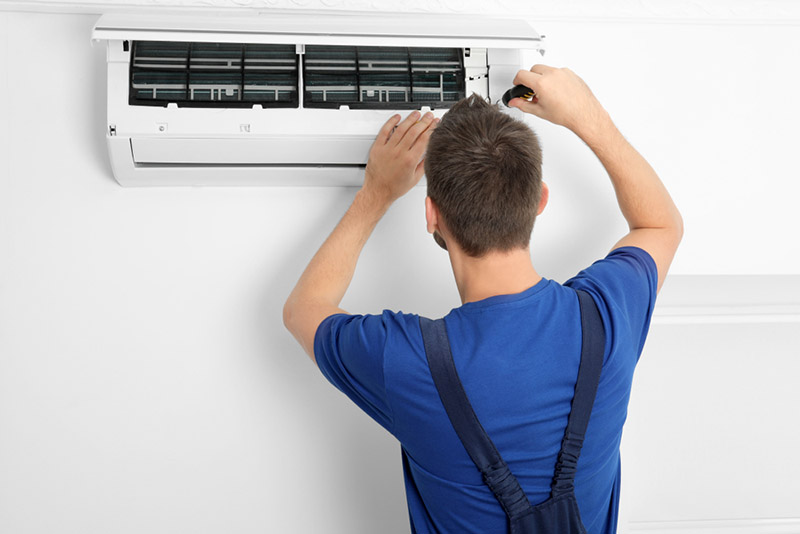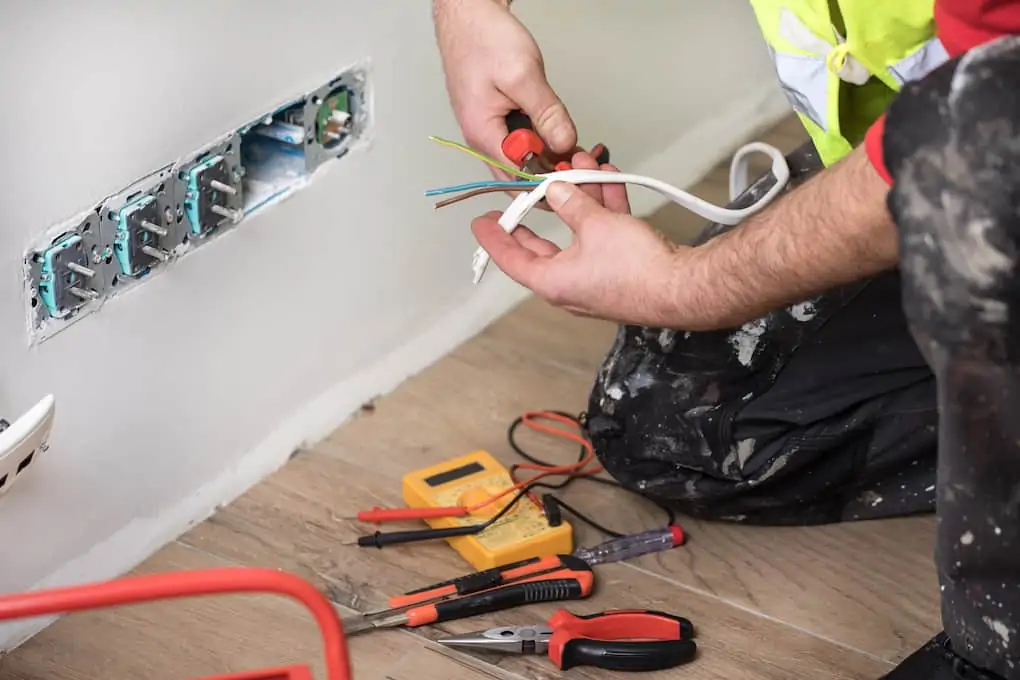
For those who are not familiar with it, the wonderful world of electrical wiring can be quite complex. You may be wondering, “What is a neutral wire?” or left wrestling with other industry terms. There are many terms to remember and a lot of steps and rules to follow to ensure that an electrical system is fully operational. One such term that you no doubt heard at some point during a science class back in the day is a “neutral wire.”
Like every other component of an electrical system, the neutral wire is essential to creating a functional circuit. But what exactly is a neutral wire, and how is it different from other wires — like hot wires?
Keep reading to understand the role of a neutral wire in a circuit and why it is essential to your entire electrical system.
Contact 4Front online to request electrical services in Minneapolis by calling us today!
Get to Know The Basics of Neutral Wires
Perhaps the best way to understand what a neutral wire is and its role is to look at a very basic circuit.
Imagine you have a battery and a lightbulb in front of you. Just like in your fifth-grade science class, you need to find a way to connect the two to power the lightbulb. First things first, you need a wire that will take power from the battery and connect it to the lightbulb. That wire is known as your hot wire. Of course, in order to complete the circuit, a wire must return the electrons to the power supply to turn the lightbulb on. This wire is your neutral wire.
To summarize: The hot wire carries electricity from the power supply and takes it to the load (lightbulb). Neutral wires take the used electricity from the load and bring it back to the power supply.
Neutral Wires in Your Home
Okay, so that is all good and dandy, but batteries don’t power your home’s lightbulbs. Instead, they are connected to a transformer. And because they aren’t connected to batteries, instead of using direct current, your electricity uses alternating current. With direct current, the electricity moves in a straight path through the hot wire, to the load, back through the neutral wire, and then back to the power source.
You can think of a direct current as a boat moving along a river that eventually returns to the lake it originated from in a loop. With alternating current, the electrons move back and forth between the wires constantly instead of a perfect, consistent loop. For our purposes today, we don’t need to know much more than that about DC versus AC, but it’s good to know in case you couldn’t remember from those days in elementary school.
For a much more comprehensive look at how wiring works in your home, check out this helpful video courtesy of The Engineering Mindset:
In the video, you’ll learn the ins and outs of circuits in your home, including the difference between neutral and ground wiring. Keep in mind, if you’re conducting this research to do some wiring work on your home, be careful! Wiring accidents can prove fatal, so only take on a wiring project if you have the experience and are confident that you can do it right. In addition, make sure to follow proper safety guidelines. Otherwise, leave it to a local pro who can safely complete the project with accuracy.
The Importance of Knowing About Neutral Wires
As you can see, the neutral wire is essential to your home’s electrical system. Without it, there would be no circuit for electricity to flow along and complete its circle back to the power source. Neutral wires are important at every point in your entire electrical system — from when they leave a transformer or fuse box all the way through their journey until they return to the source.
For this reason, it is important that you know what neutral wires are and how they work in your home — especially if you’re planning on doing any electrical wiring or panel upgrades at some point. Having a general idea of the purpose of each wire will help ensure that your system works correctly for years to come!
4Front Energy — Your Premier Minnesota Electrician Team
For Minnesota residents or property owners who need help with their home or business’s electrical, 4Front Energy is here to help. Not only is our team of experienced electricians capable of handling any electrical problem or project you have, but we do it with safety at the forefront of our process.
We also pride ourselves on our transparency and answer any questions you may have about what we’re doing to ensure your home or business’s electrical is operating fully.
At 4Front Energy, we look to create partnerships with our clients so they have someone they can trust with all their electrical needs. To get started on teaming up with a professional team that’s easy and fun to work with, reach out to 4Front Energy today!






